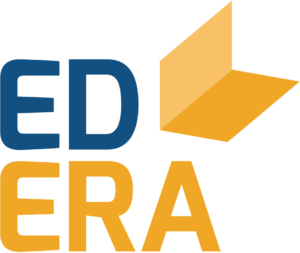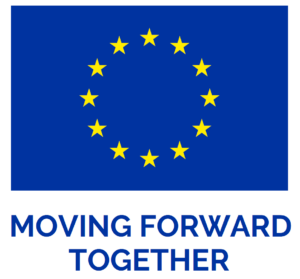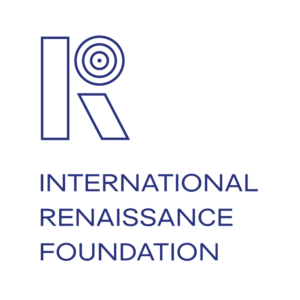An introductory online course in English on Ukrainian Culture
About
What comes to your mind when you think about Ukrainian culture? Traditional clothes? A few artists or writers? But these are only a shadow of what Ukrainian culture represents.
In this short course, ten scholars from various disciplines present ten topics, covering essential aspects of Ukrainian culture. Understanding contemporary events requires knowledge of the cultural and social foundation of modern Ukrainian society. The Ukrainian nation formed over centuries.
Each devoted to a particular angle, these videos together reveal how past events, including external political and cultural domination by imperial powers, shaped Ukrainian society.
In addition to the video lectures, the course provides learners with original sources – literature, texts, video links, and online resources that touch upon a range of issues of Ukrainian culture. Each of these will give you a balanced and nuanced knowledge of Ukrainian culture, identities, and society.
What you'll learn
- The roots of the Ukrainian language and its relations with other Slavic languages
- The main values of Ukrainians and how they defined the society
- The influence of Byzantine tradition and the Catholic world on Ukraine`s religious practices
- The role of Ukrainian women in countries’ past and present
- How the different civilizations, nations, and ethnic groups shaped Ukrainian cultural space
- What are the roots of the myth of Ukrainians as a “nation of the villagers”, and what was the interconnection of urban and rural in Ukrainian culture
- the Ukrainian culinary practices and how the traumatic historical events shaped the food culture of Ukraine
- The cultural renaissance of 1920-1930 and the most prominent artist of avant-guard
- How the Russian war influenced the Ukrainian culture
- The most famous manifestation of Ukrainian culture on the world stage
Video about the course
Promo voice — Oleksii Safin, professional interpreter
Structure
Why should you learn about Ukrainian culture? What are the main characters of Ukrainian society? In what historical settings was the Ukrainian culture formed? What are the legacies of former imperial powers on the way Ukrainian culture and society is narrated?
The geographical location has been essential for Ukraine`s history. Ukraine has been a frontier as well as a center of major historical events and interrelation between the European and Asian worlds. This video addresses the issue of multiculturalism, cultural exchanges and interactions, and the influence of the Orient and West on the culture of Ukraine.
This video discusses the origin of one of the oldest languages in the world – the Ukrainian language, its relations to the other Slavic languages, and the cultural and political circumstances of its development. Also, it touches on the emergence of Ukrainian literary tradition, and role of literature in the political and social life of Ukrainians.
The diversity of religious practices, the combination of different churches and confessions, and the need for their peaceful coexistence characterize Ukrainian culture. But how did it happen? What were the consequences for Ukraine of adoption of Christianity from Byzantium? What is the Union Church? How the Ukrainian Orthodoxy differed from the Moscow variant? What is the role of Catholic tradition in it?
One myth of Russian propaganda is that Ukrainian culture can exist only in the village as a kind of ethnographic oddity. This video discusses the historical background of this myth, challenges it by introducing the establishment of Ukrainian urban culture, talks about the role of the city and village in formation of modern Ukrainian society.
The food has its unique place within the Ukrainian culture. This video targets the attitude of Ukrainians toward food and the features of modern Ukrainian cuisine with a particular focus on the traumatic experience of the 20th century that had a significant impact on the food culture of Ukraine.
The video focuses on such crucial values for Ukrainians as freedom, dignity, and solidarity. It tries to reveal their historical roots and developments over time as well as their role and significance in making the modern Ukrainian nation.
This video focuses on the challenging experience of Ukrainian women in the past and present. Women in Ukraine are proved to be a driving force in many spheres. Their contribution to Ukrainian culture, science, and politics—and their role in overcoming Ukraine’s most difficult historical periods—are still emerging. This course reveals these fascinating historical figures, revealing and acknowledging their accomplishments.
The video talks about the development of avant-garde artistic movement in Ukraine that remains of source of inspiration for artist in Ukraine and abroad. You will learn what event marks the beginning of avant-garde in Ukraine? Who became the most celebrated artists? Why was this movement suppressed by the Soviet powers, and what consequences did this have for the Ukrainian art scene?
The outbreak of the Russian war against Ukraine marked the necessity of documentation of the rapidly changing political and social landscape. The video presents the most recent art projects and documentaries aimed to reflect on the topics of destruction and violence but also solidarity and identity transformations in Ukraine after 2014.
Although you may not realize it, but you have encountered Ukrainian culture in many spheres and shapes. This video will help you to re-discover some of the most prominent examples of Ukrainian culture. Discussing their Ukrainian background also raises important issues of cultural influences and connections. This course encourages questions about the basic ways we talk about artistic spheres and the national affiliation of artists, as well as national contributions to the global culture.
The course was developed in cooperation with the scholars
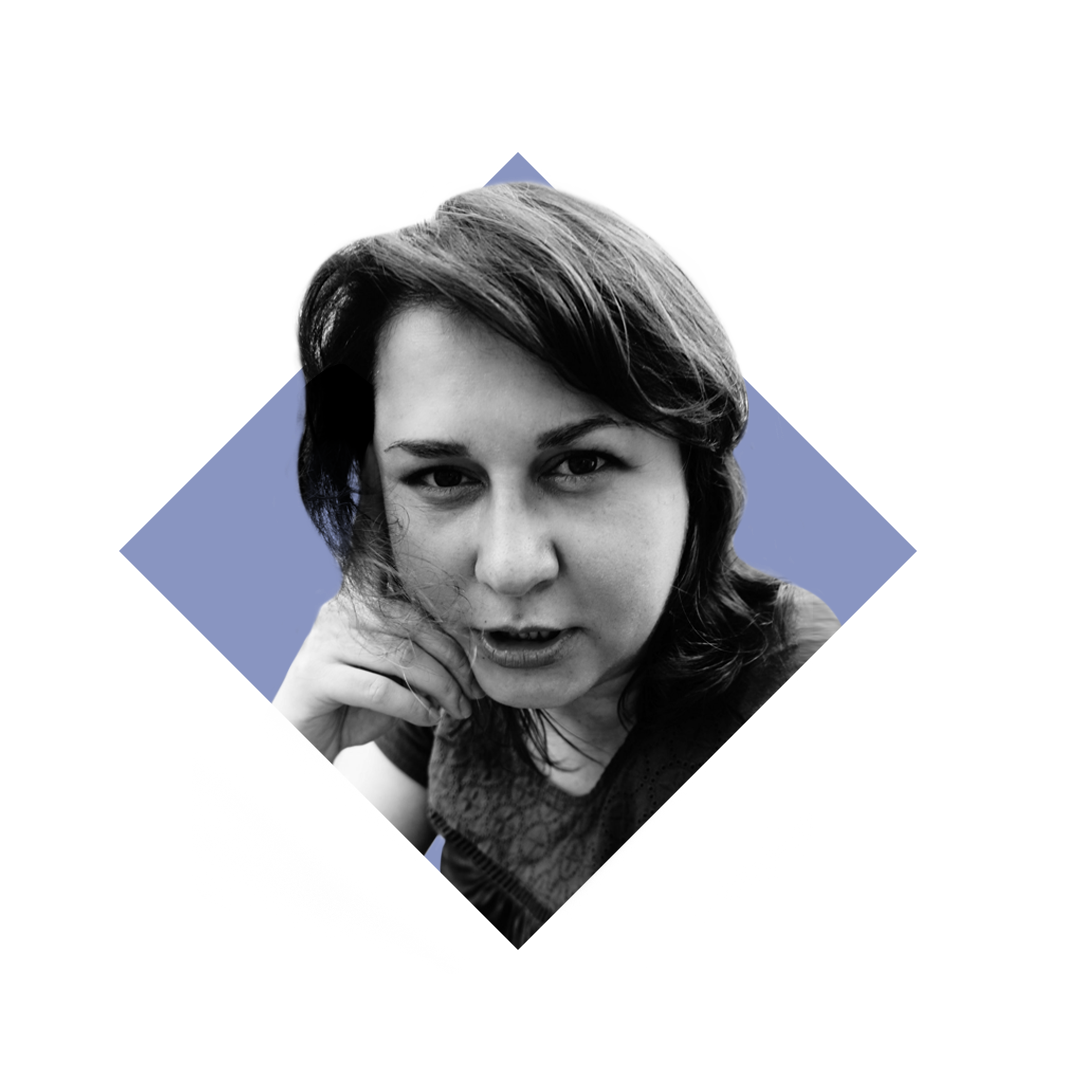
Olha Dubchak
Ph.D in Philology, co-founder, co-owner and editor-in-chief at Vikhola publishing house. Dr Dubchak received her master's degree in Ukrainian language and literature at the Drahomanov National Pedagogical University. There, she defended her PhD thesis on the topic “Conceptual opposition ‘one's own – alien’ from the Ukrainian linguistic perspective.”
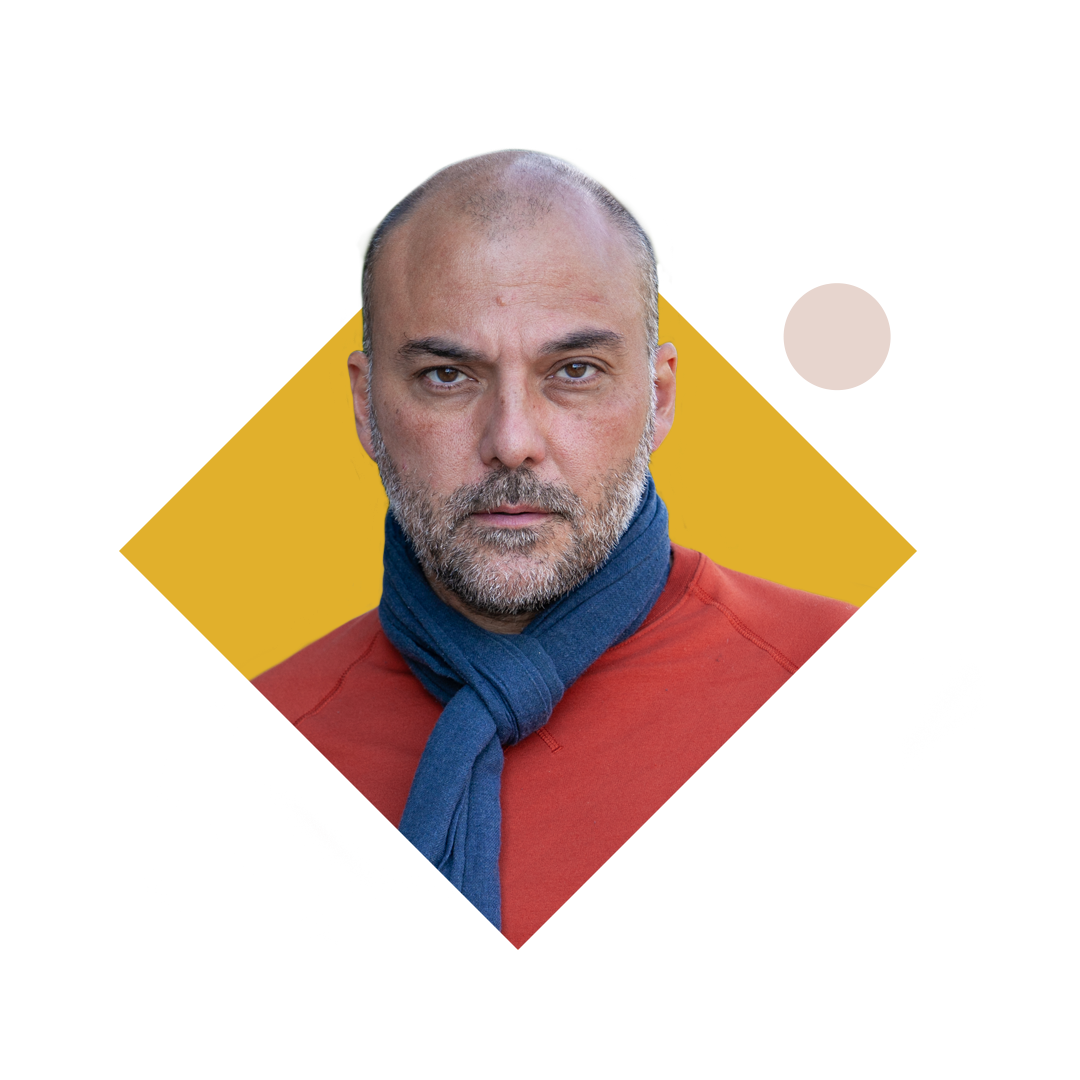
Vakhtang Kebuladze
Professor of Theoretical and Practical Philosophy at Taras Shevchenko National University of Kyiv, Associate Professor of the Department of Philosophy and Religious Studies of the National University "Kyiv-Mohyla Academy", writer, and philosopher.

Volodymyr Masliychuk
Doctor of Historical Sciences, Associate Professor, Department of History at National University of “Kyiv-Mohyla Academy”, lector at the Ukrainian Catholic University. Dr Masliychuk graduated from Kharkiv National University, he is a member of the Board of the Historical and Philological Association of Kharkiv University.

Oksana Kis
Historian and anthropologist, Ph.D. in History, Senior Research Associate, Head of the Department of Social Anthropology, Institute of Ethnology, National Academy of Sciences of Ukraine, and President of the Ukrainian Association for Research in Women’s History since 2010. Oksana Kis authored the book "Survival as Victory. Ukrainian Women in the Gulag".
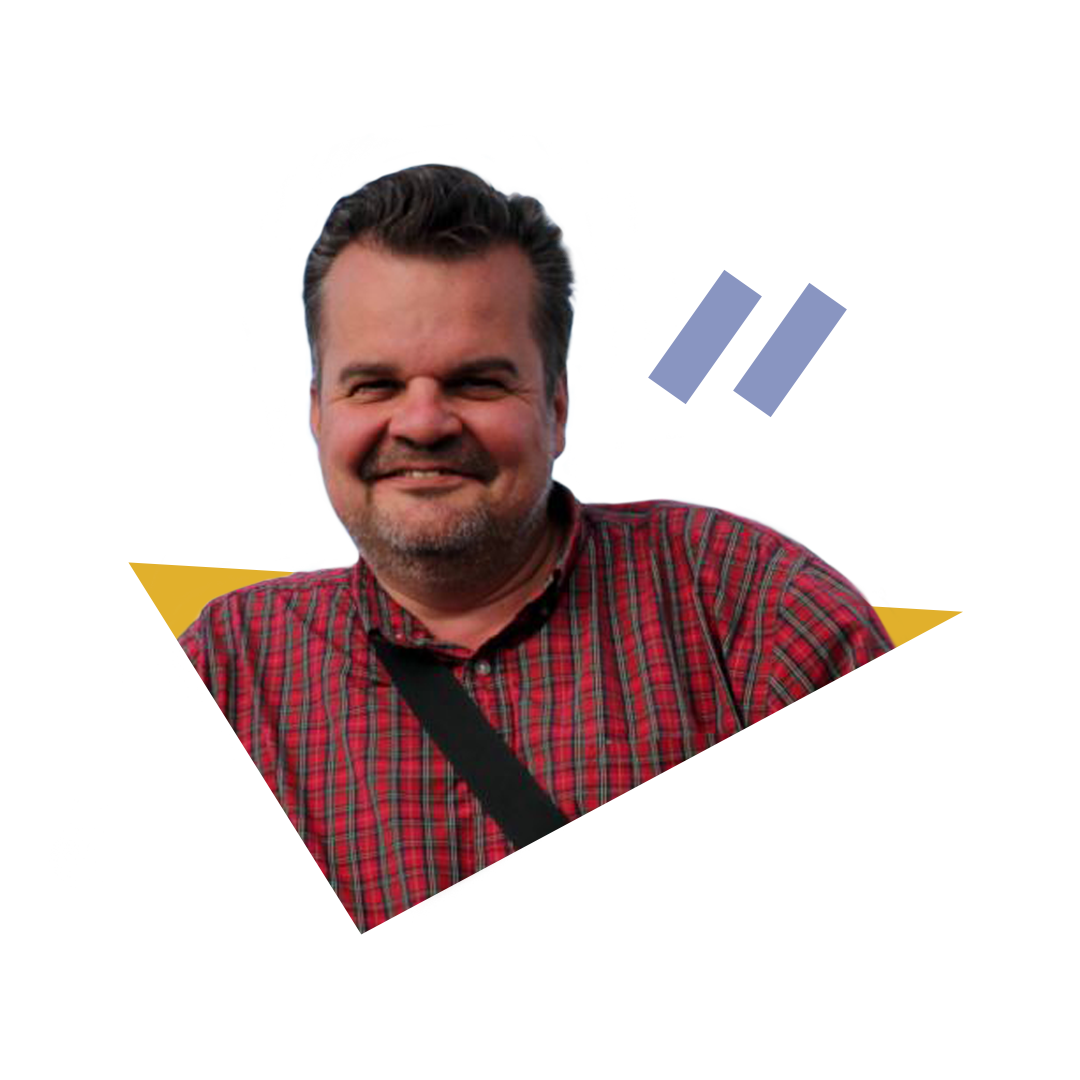
Ihor Lylo
Historian, doctor of sciences, director of the NGO Institute of Galician Cuisine. Dr Lylo is a co-author of the book “Ukraine: Food and history,” which was nominated for the Gourmand World Cookbook Awards 2022. He is also a visiting professor at the Jagiellonian University (Krakow) and the University of California San Diego (CA, U.S.).
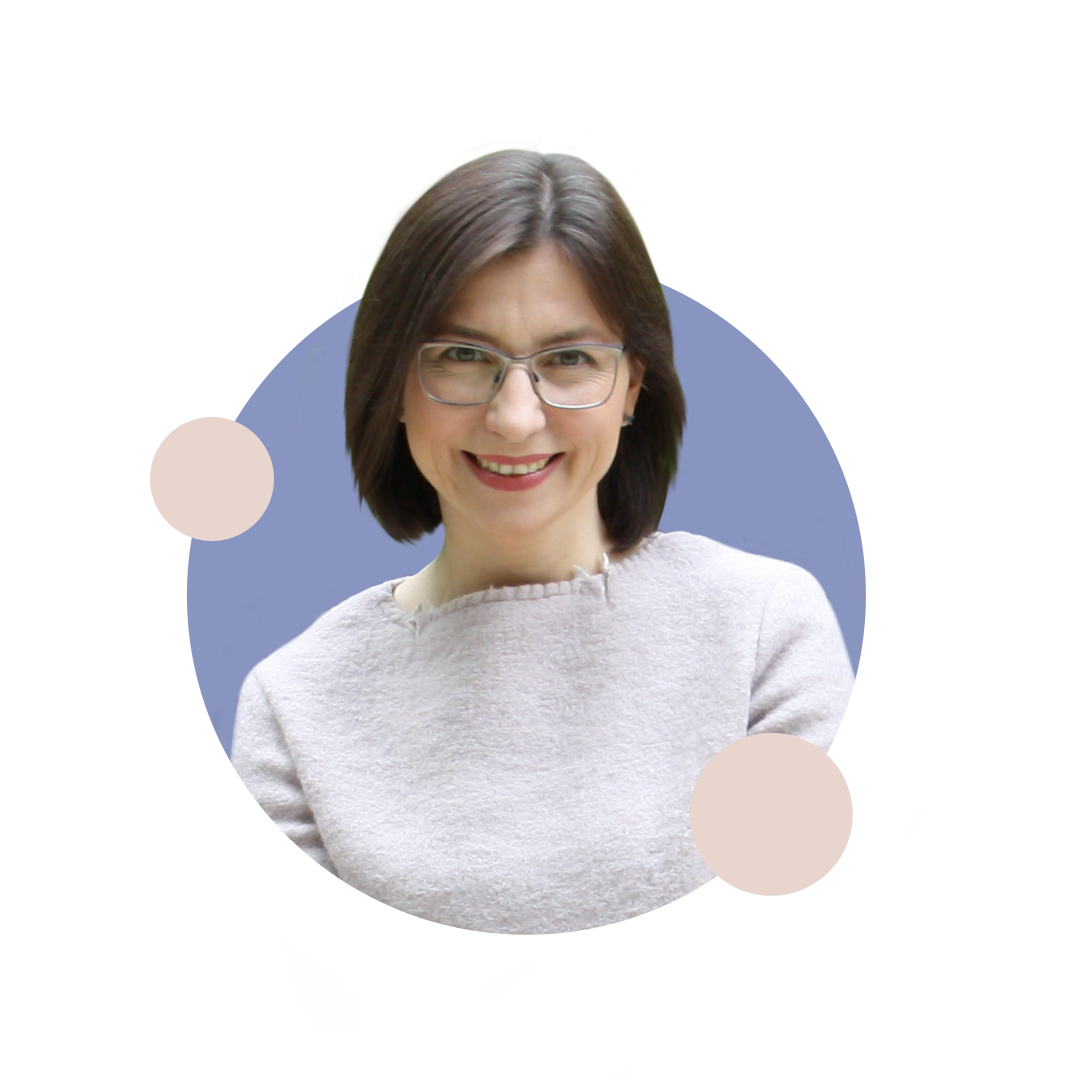
Olena Braichenko
Ph.D in Historical Sciences, researcher of gastronomic culture, and founder of an independent research and educational project Їzhakultura. Dr Braichenko hosts the program "In my plate" on Radio Kultura. Braichenko authored the book “Ukrainian Feast”, co-authored “Ukraine. Food and History”.
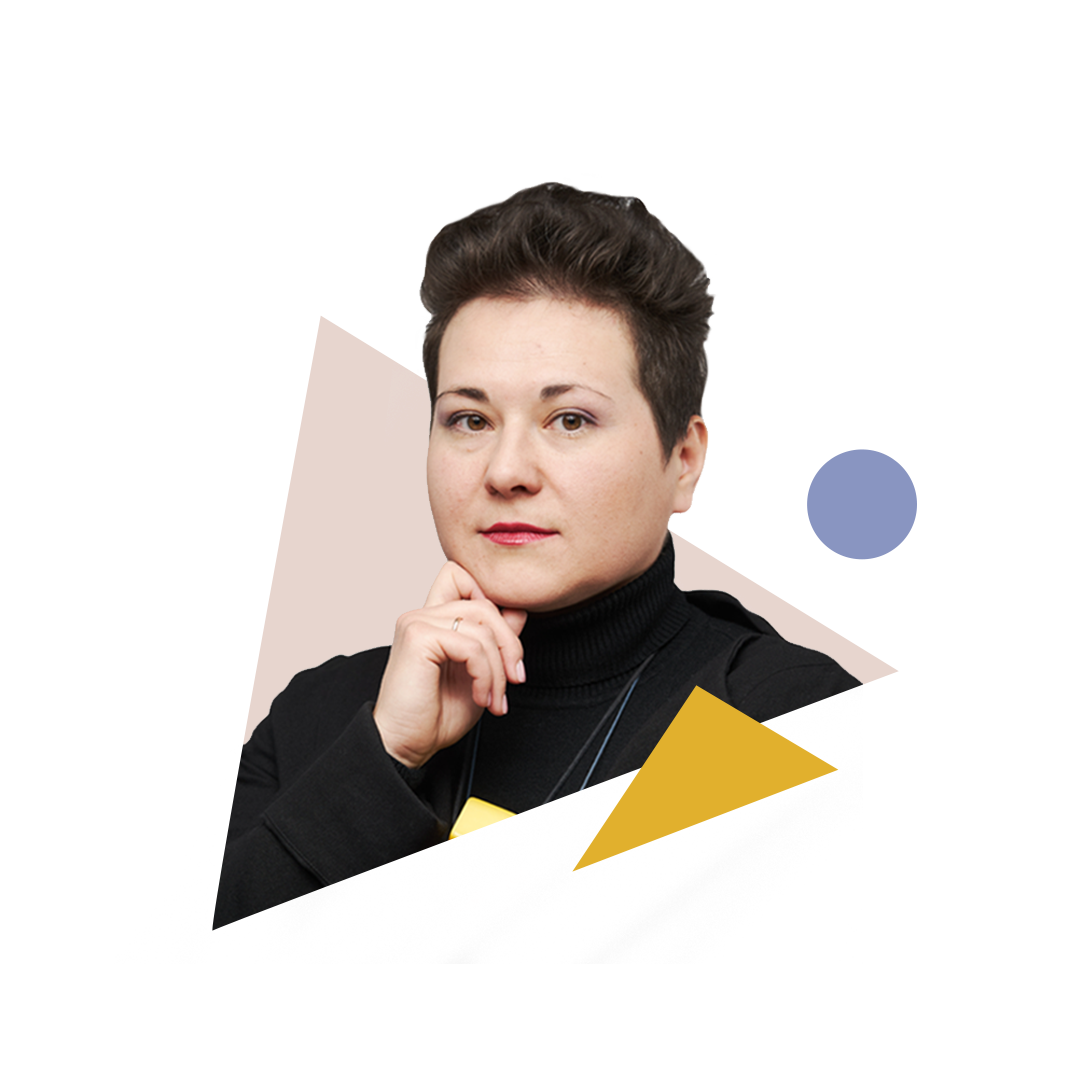
Tetiana Filevska
Аrt manager, curator, and writer, Creative Director at the Ukrainian Institute. Her background is in philosophy with experience in contemporary art and Ukrainian art history of the 20 century. Author of the books “KAZIMIR MALEVICH. Kyiv Period 1928-1930,” “Kazimir Malevich. Kyiv Aspect,” and “Dmytro Gorbachov. Sluchayi.”
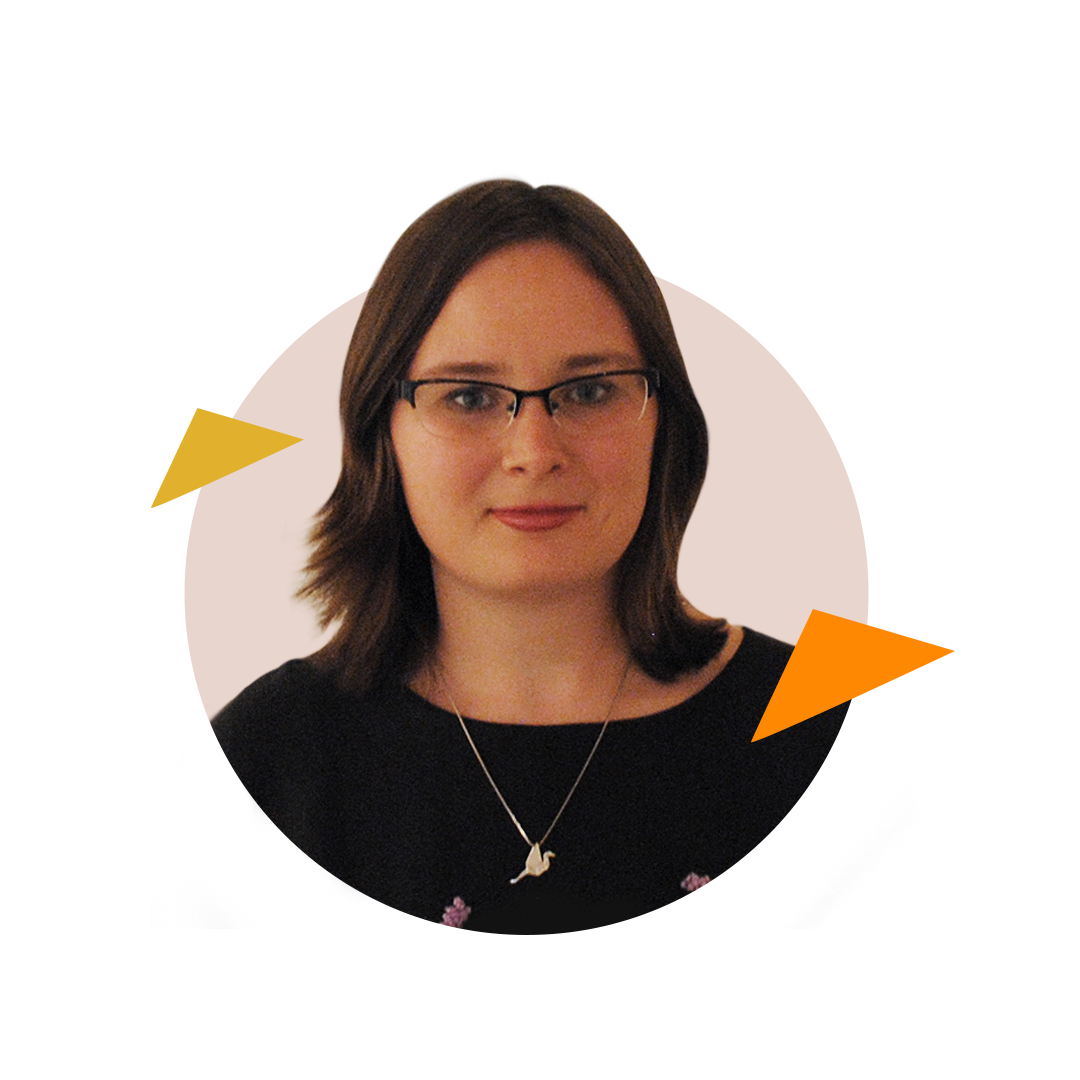
Svitlana Biedarieva
Svitlana Biedarieva, Ph.D. in Art History (Courtauld Institute of Art), curator, and artist. Visiting Non-Resident Fellow at George Washington University and CEC ArtsLink, New York. Dr. Biedarieva curated an exhibition “At the Front Line. Ukrainian Art, 2013-2019” in Mexico and Canada.
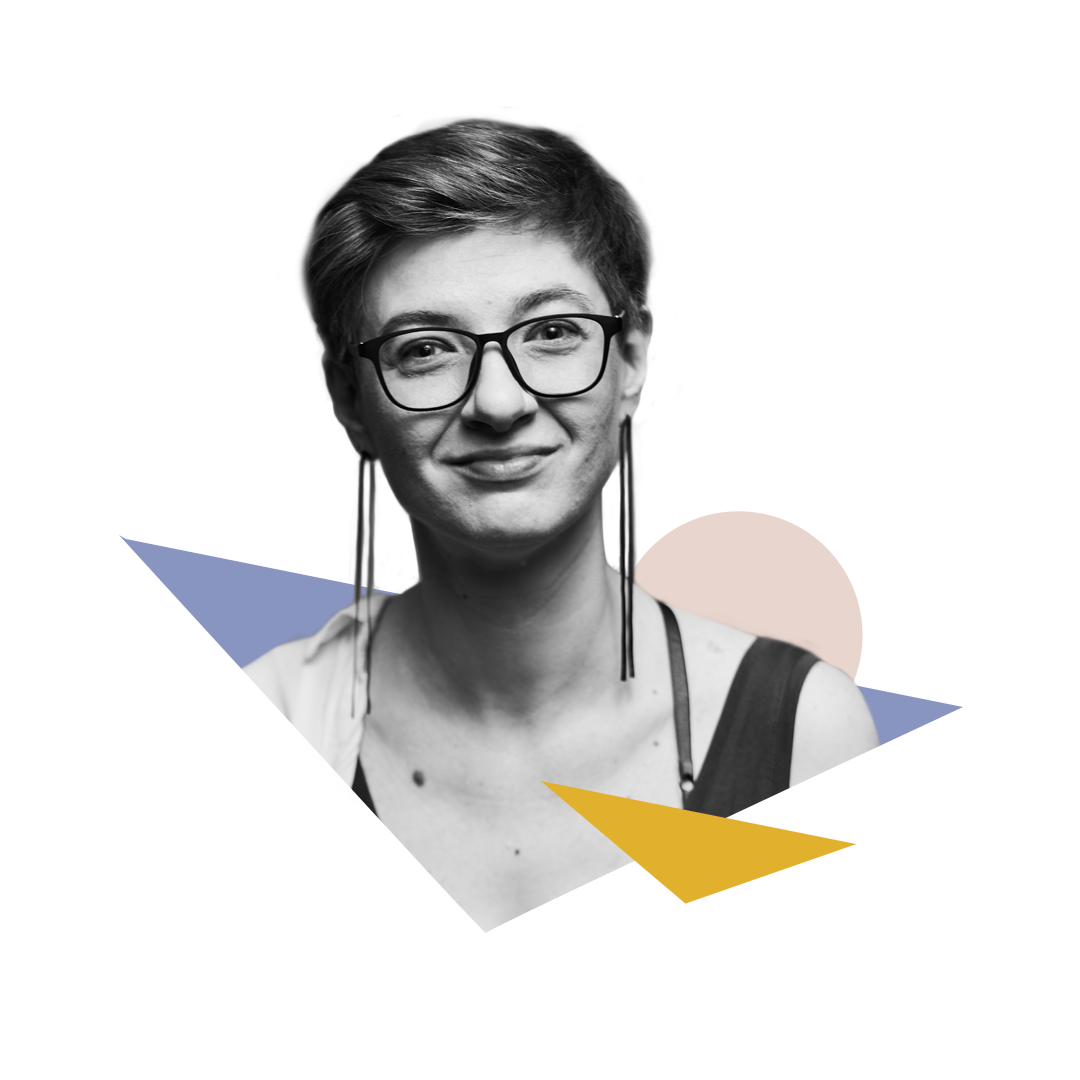
Olena Huseinova
Olena Huseinova, writer, radio presenter and producer, radio host, and radio producer at Suspilne, the public broadcasting company of Ukraine. UA: Radio Culture (UR-3). Olena holds a master’s degree in Philology from Kyiv-Mohyla Academy.

Oleksandra Gaidai
Historian, the Head of Academic Programs at the Ukrainian Institute, a specialist in memory studies, an alumna of the National University of Kyiv-Mohyla Academy, and Harvard Ukraine Summer Institute. Author of the book “Stone Guest: Lenin Statues in Central Ukraine” (2016).
Narrator
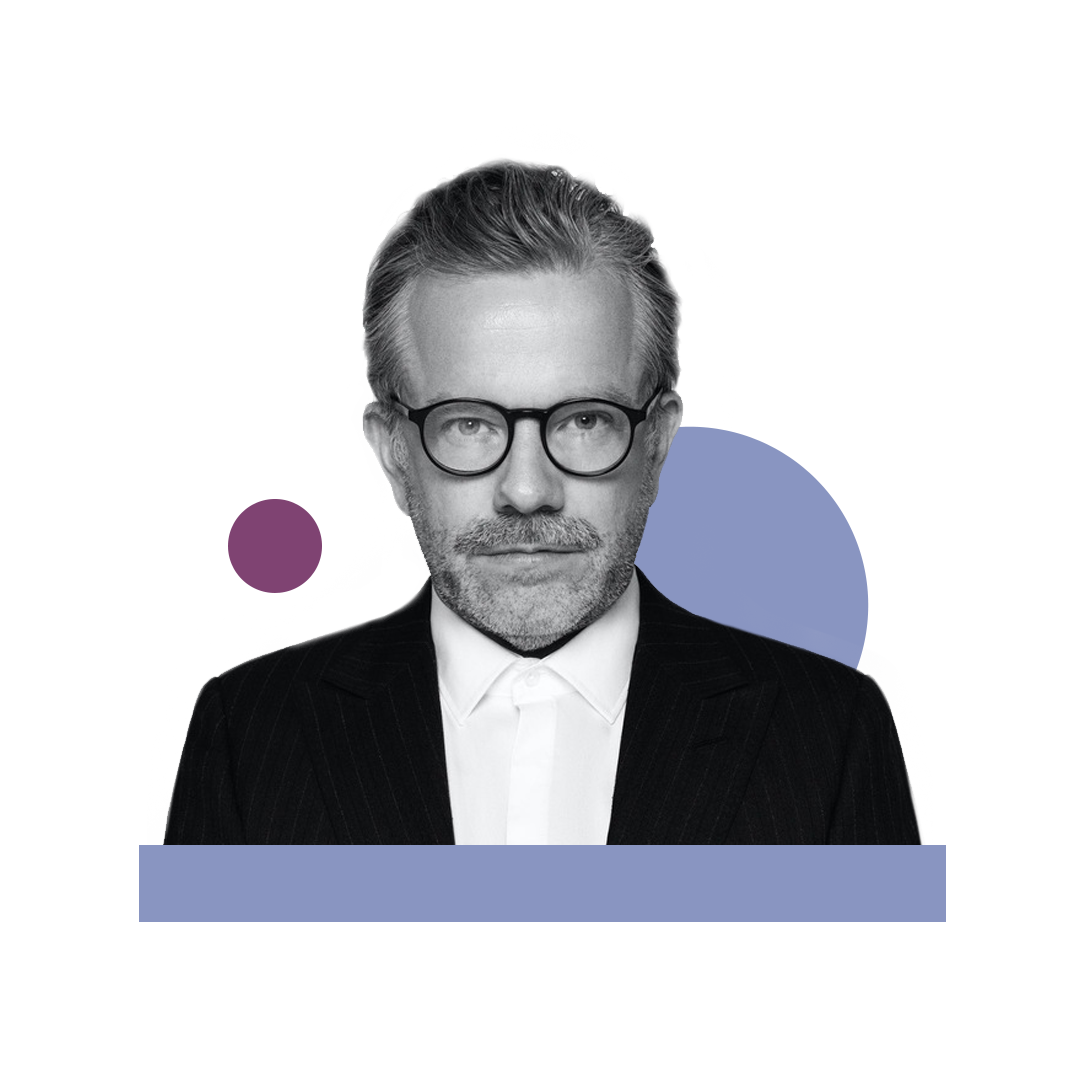
Marc Raymond Wilkins
Film director, presenter
Сurators from the Ukrainian Institute: Tetiana Filevska and Oleksandra Gaidai.
The online course “Ukrainian Culture: Understanding the Country and Its People” has been developed by the Ukrainian Institute and online education studio EdEra with the financial support of the European Union and the International Renaissance Foundation within the framework of the EU4USociety project. Its contents are the sole responsibility of the authors and do not necessarily reflect the views of the European Union and the International Renaissance Foundation.
All visuals, photographs, and video materials are taken from open public sources and used exclusively for educational purposes.


